Publications
Articles, publications, books, tools and multimedia features from the U.S. Institute of Peace provide the latest news, analysis, research findings, practitioner guides and reports, all related to the conflict zones and issues that are at the center of the Institute’s work to prevent and reduce violent conflict.
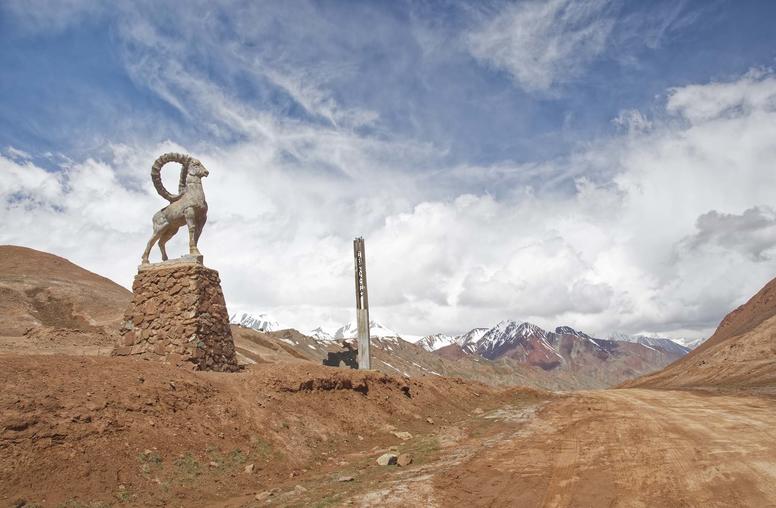
Border Clash Between Kyrgyzstan and Tajikistan Risks Spinning Out of Control
A dispute over irrigation water triggered a clash between Kyrgyzstan and Tajikistan last week that quickly spread along the border, resulting in the death of more than 40 people and displacing 30,000 on the Kyrgyz side — the worst such incident in the region since the collapse of the Soviet Union. While such flare-ups, albeit less deadly, are a regular occurrence in the region, this time the situation could get out of hand as the leaders of both countries are incentivized to stoke a crisis that distracts from the domestic unrest caused by their mismanagement of the COVID-19 pandemic.
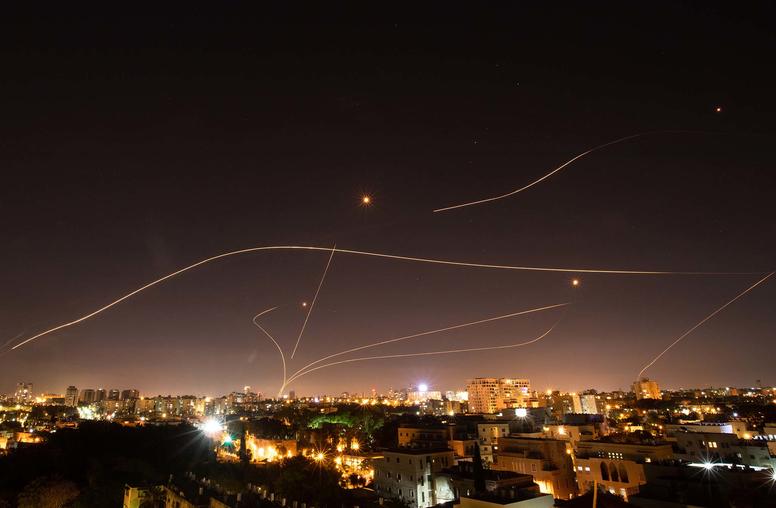
10 Steps Washington Can Take After the De-escalation of the War on Gaza
In a call with Israeli Prime Minister Benjamin Netanyahu yesterday, President Biden said he was supportive of a cease-fire amid the continued violence in Israel and the Palestinian territories. As ongoing Hamas rocket barrages and Israeli airstrikes add to the rising death toll, there are immediate, short-term measures needed to stave off more violence. But, a cessation of the current hostilities will not address the long-term issues that have prevented a resolution to the decades-long conflict. How can Washington break through the long-standing status quo that has stymied efforts to forge a peaceful settlement?
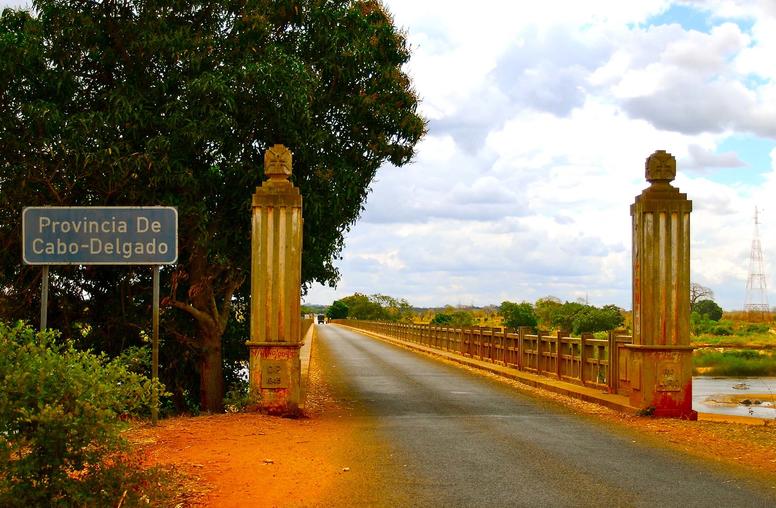
Pathways to Peace in Mozambique
An Islamist insurgency in Mozambique’s northern Cabo Delgado province and the grave humanitarian crisis it has created is threatening the promise of development offered by the discovery of vast reserves of natural gas in the region. It is imperative that the Mozambican government, with the support of the international community, make a concerted effort to return peace to this strategically important part of southern Africa.

Despite the Sham, Syria's Election is Still Significant
In the face of international pushback, the Assad regime is going forward with plans for a presidential election on May 26. While the outcome is in no way uncertain — Assad will win amid deeply unfair election practices — the decision to proceed with the vote has major implications for international efforts to resolve the decade-long civil war. USIP’s Mona Yacoubian looks at how the election might affect the situation on the ground in Syria, what it means for the U.N.-backed Geneva peace process and how the Assad regime’s renewed stranglehold on power could affect regional tensions and U.S. interests.
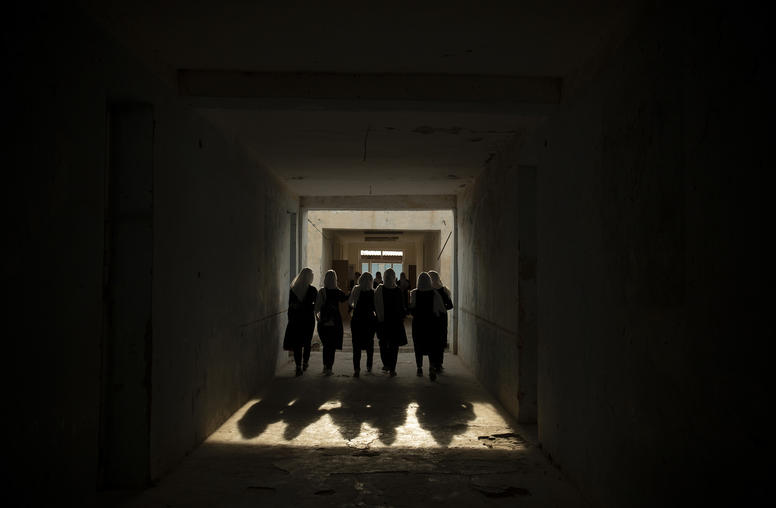
Kabul School Bombing Reinforces Fears Over Post-Withdrawal Security
For the Dasht-e-Barchi neighborhood of Kabul, home to the Hazara minority group, the devastating May 8 bombing outside a school is part of a disturbing trend of attacks in the area. The bombing killed at least 85 and injured around 150 — mostly young girls — and coincided with concerns of escalating violence as the United States withdraws combat troops from Afghanistan. Although no group has claimed responsibility, the Islamic State group (ISIS) has perpetrated similar attacks in the past and many suspect it was again responsible.
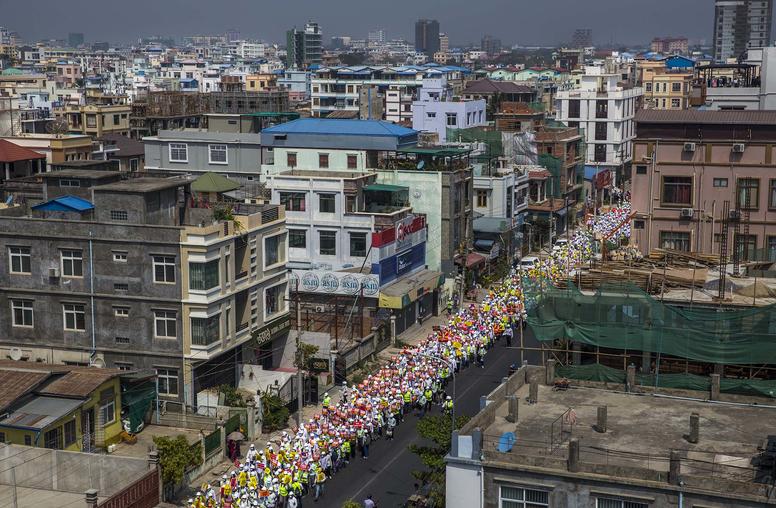
Chaos in Myanmar Is China’s Nightmare
The suspicion that China approved the military coup against Myanmar’s elected government runs deep among Burmese resisting their new dictatorship. Perhaps proof of such meddling will emerge someday. For now, what seems clear is that China would not have chosen to knowingly embroil its interests in Myanmar in the chaos that has followed the army’s power grab. On virtually every front, from public health to national security, China now faces new threats created by the post-coup breakdown in governance and the rule of law. As these consequences come into focus, Beijing will have to decide whether to maintain its tacit acceptance of the generals’ regime or take a different policy tack to protect investments in its neighbor to the south.
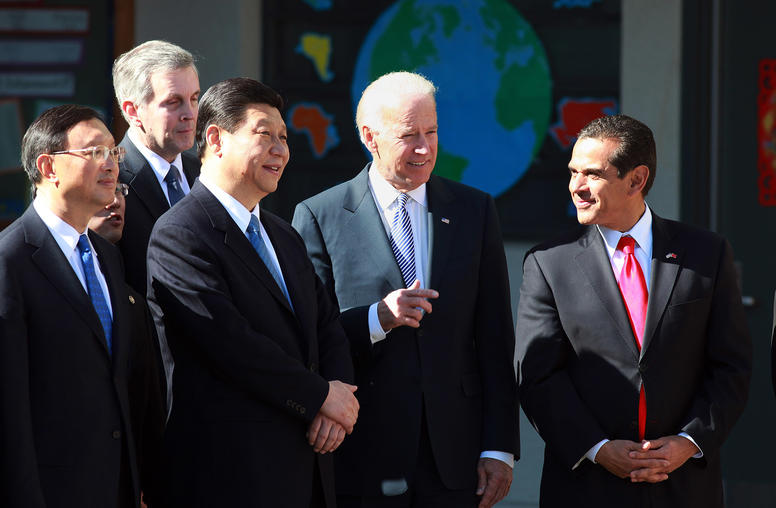
Washington’s Allies and Partners Weigh in on U.S.-China Competition
The Biden administration has adopted an overarching strategy of renewing relations with allies and partners to counter China where necessary, while also cooperating with Beijing when it is in the United States’ interest to so. As competition between Washington and Beijing heats up, however, avenues to resolve conflicts peacefully between the two major powers remain limited. A recent USIP report brought together U.S. and Chinese authors to offer recommendations on how the two powers can enhance strategic stability. But how do U.S. allies and partners factor in and what steps would they like Washington and Beijing to take to prevent conflict and manage crises?
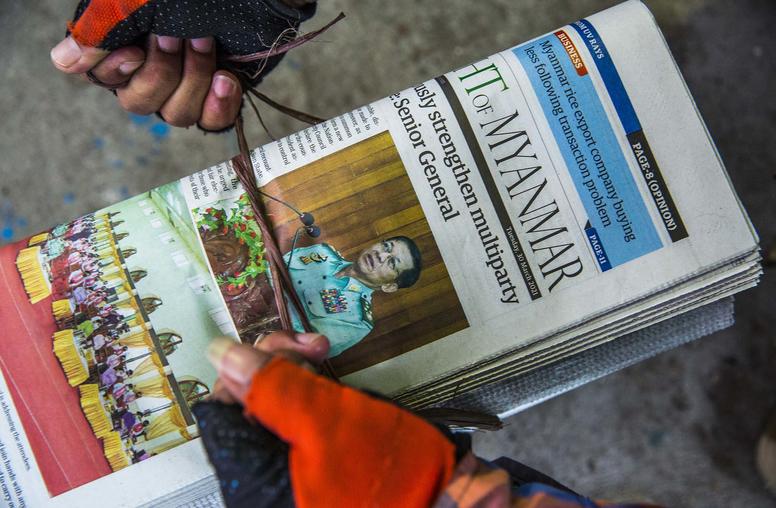
Myanmar: China, the Coup and the Future
In making major deals with Myanmar’s military rulers, China seems to be violating its official guidance for investment abroad: Avoid conflict zones. Although Myanmar is in a state of collapse and widening rebellion, China continues to advance plans for a complex economic corridor in the country with the military unveiling steps to move ahead with big joint-venture projects. The generals’ bid to appear in control of things is obvious. China, on the other hand, seems to have fallen into a trap. Cozying up to the junta puts its investments at immediate and long-term risk and erodes its standing in regional organizations. To protect its interests, Beijing should press the junta to curb its rampant violence against the population and to restore the elected government.
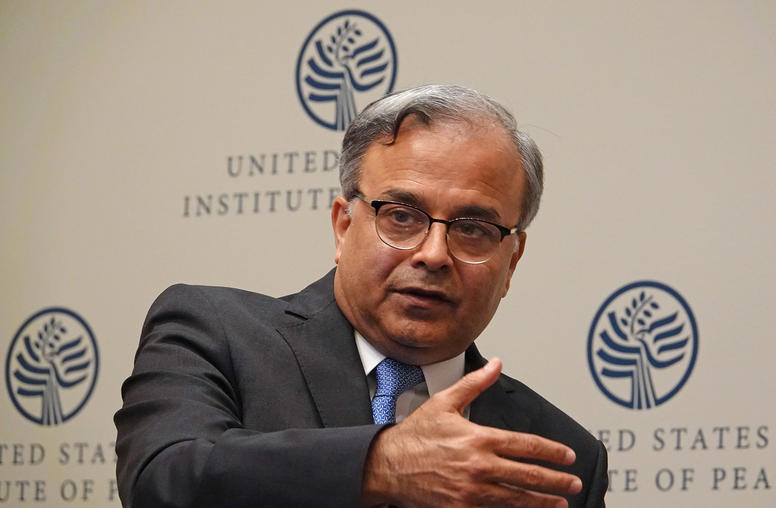
U.S., Pakistan at ‘Convergence’ on Afghanistan, Says Pakistani Envoy
For the last two decades, U.S.-Pakistan relations have been defined by the war in Afghanistan and counterterrorism concerns. With the United States military withdrawal almost complete, the relationship should broaden to focus on other issues important to both countries and the broader South Asia region. The Afghan peace process, however, will continue to be an important component of U.S.-Pakistan relations, said Pakistan’s envoy to the United States on Wednesday. “Afghanistan, for some time, did become [a point of] contention in our relationship. But today, clearly, Afghanistan is a [point of] convergence between Pakistan and United States” as both want to see peace and stability, said Ambassador Asad Majeed Khan.
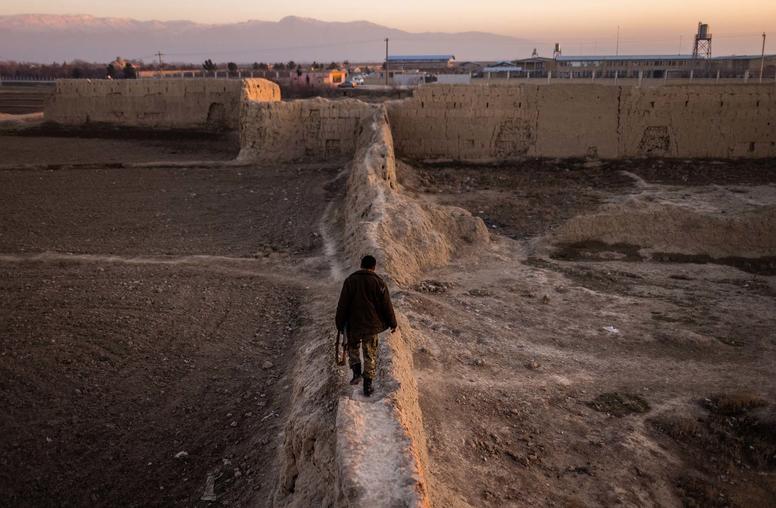
Central Asia Prepares for Taliban Takeover
Last week’s conference in Tashkent, Uzbekistan was originally supposed to focus on regional connectivity in South and Central Asia. But the Taliban’s surge in recent weeks consumed the regional conference and has many in the region wary of what’s next. As U.S. and NATO forces draw down their military presence in Afghanistan, the country’s northern neighbors have witnessed Taliban fighters swiftly overrun most of the rural parts of northern Afghanistan, establishing control over nearly all of the 1,500-mile border between Afghanistan and Turkmenistan, Uzbekistan and Tajikistan. By all indications, Central Asian states are preparing for a new reality in Afghanistan, one where the Taliban control most, if not all, of the country.